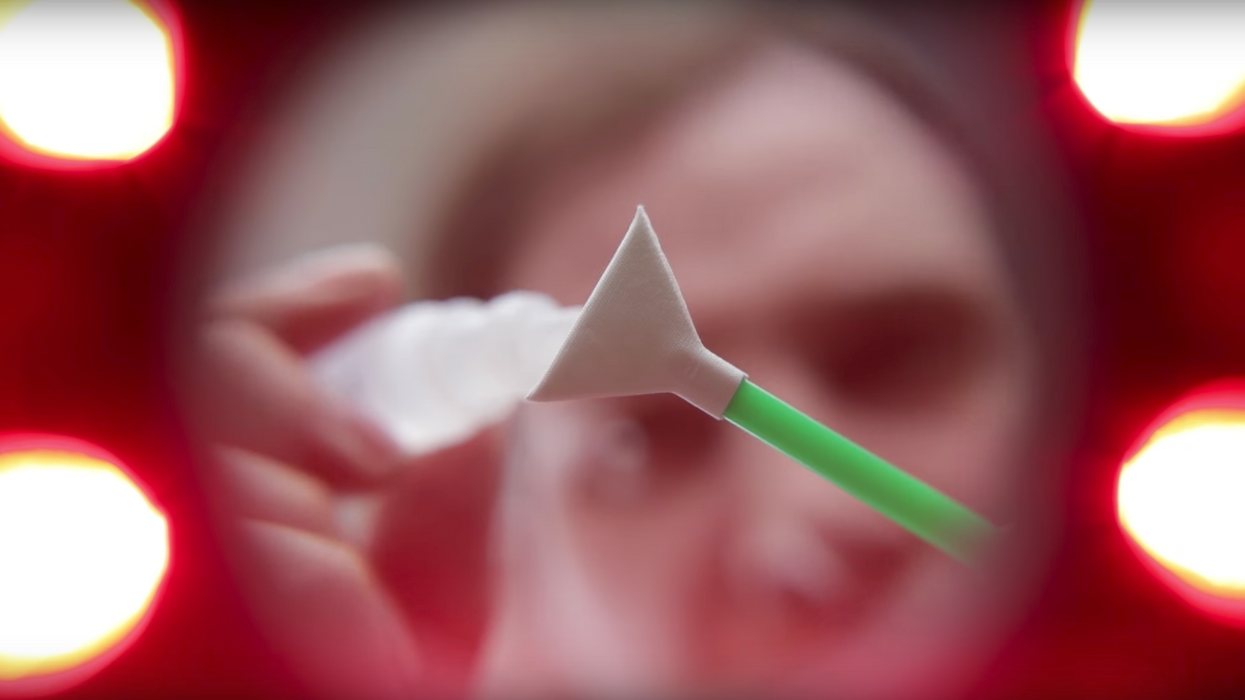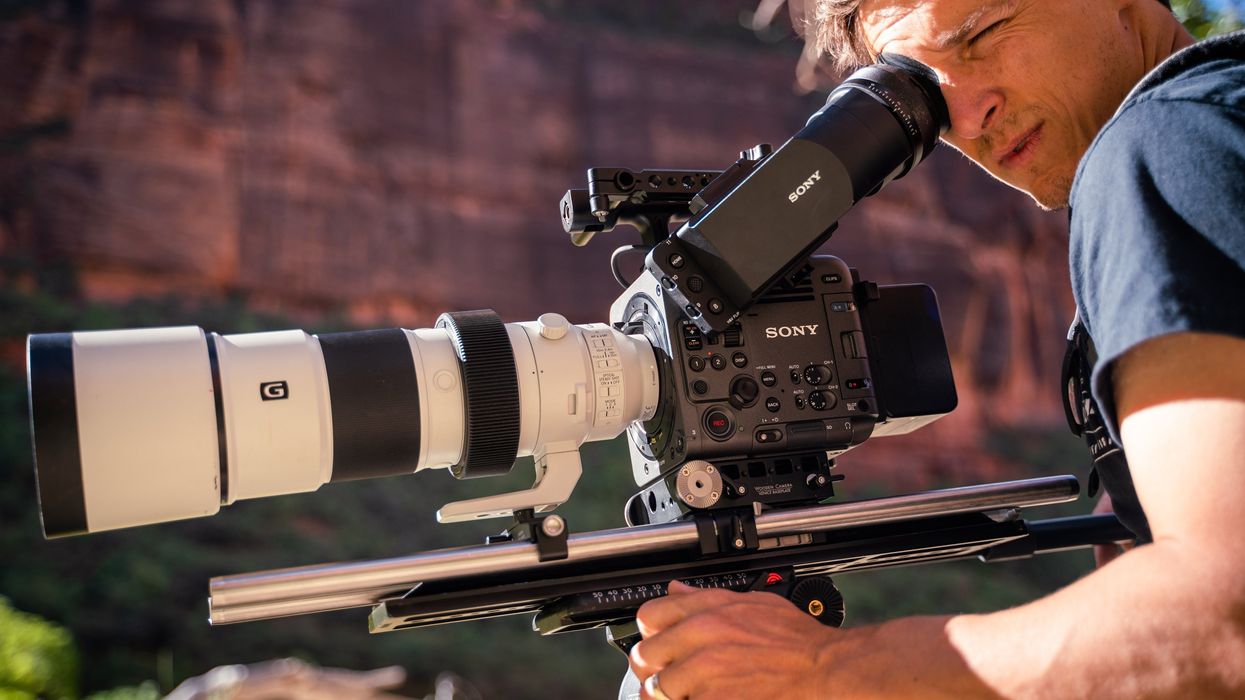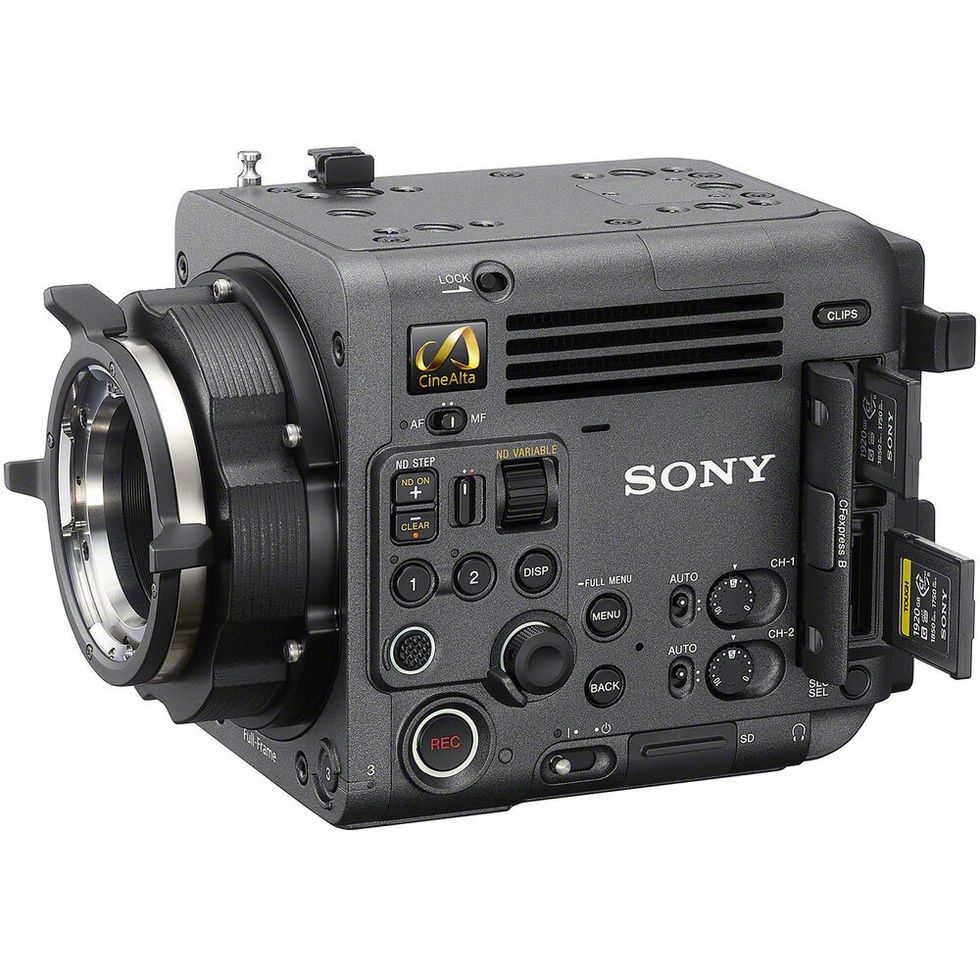Watch: How to Clean Your Lenses and Camera Sensors the Right Way
Your camera is bound to get dirty. Here's how to clean it in the safest, most effective way possible.

Dirt and dust is going to find their way onto your gear, especially if you shoot outdoors in places with a lot of floating particles in the air, and once they accumulate they can really ruin the quality of your shots. This is why cleaning your gear, including lenses, camera body, and sensor, is so important, but you have to know how to do it right. In this tutorial, filmmaker Peter McKinnon shows you a few safe and effective ways to clean your delicate and expensive lenses and DSLRs. Check it out below:
Whether it's due to ignorance or just pure laziness, there are a lot of people that don't clean their gear correctly. Case in point: how many times have you seen someone clean their lens by wiping it with the bottom of their shirt, or by blowing on it, or by using their dirty, greasy finger?
The good thing, though, is that cleaning your lenses and camera sensor doesn't have to be all that complicated or expensive. Yes, you can usually send your items out to the manufacturer and have them professionally cleaned, but this can cost quite a bit, especially if you factor in the paid projects you might have to give up while your gear is shipped out.
Here are some items that you might want to use when you clean your gear:
- Lens cleaning solution
- Microfiber cloth
- Rocket Air Blower
- Sensor cleaning swabs
- Dust cleaner
- Camera sensor loupe
(You can find links for all of these items in the video's description.)
Everything on this list is super affordable (and also come in kits), except for the camera sensor loupe, which can run you about $100. If you don't want to send your camera out to get the sensor professionally cleaned, then you might be interested in making that investment. Also, you could use a lens brush or camera cleaning pen, but the Rocket Air will most likely provide more than enough muscle for getting rid of dust and dirt.
As McKinnon says, cleaning your sensor is like diffusing a bomb. You have to be careful. You have to know what you're doing. If you aren't or don't, you could ruin your entire camera. If in doubt, send it out.
Source: Peter McKinnon













